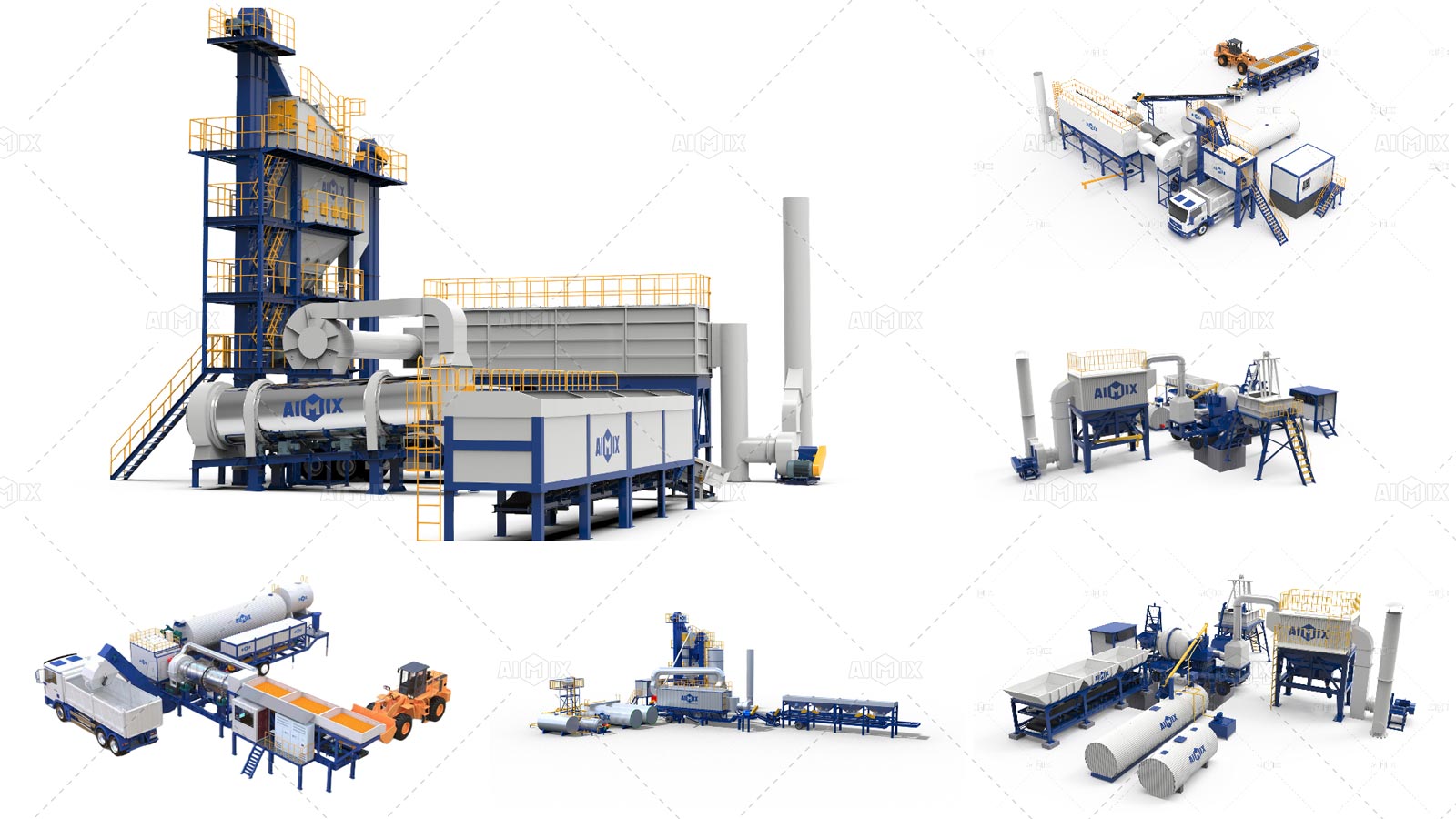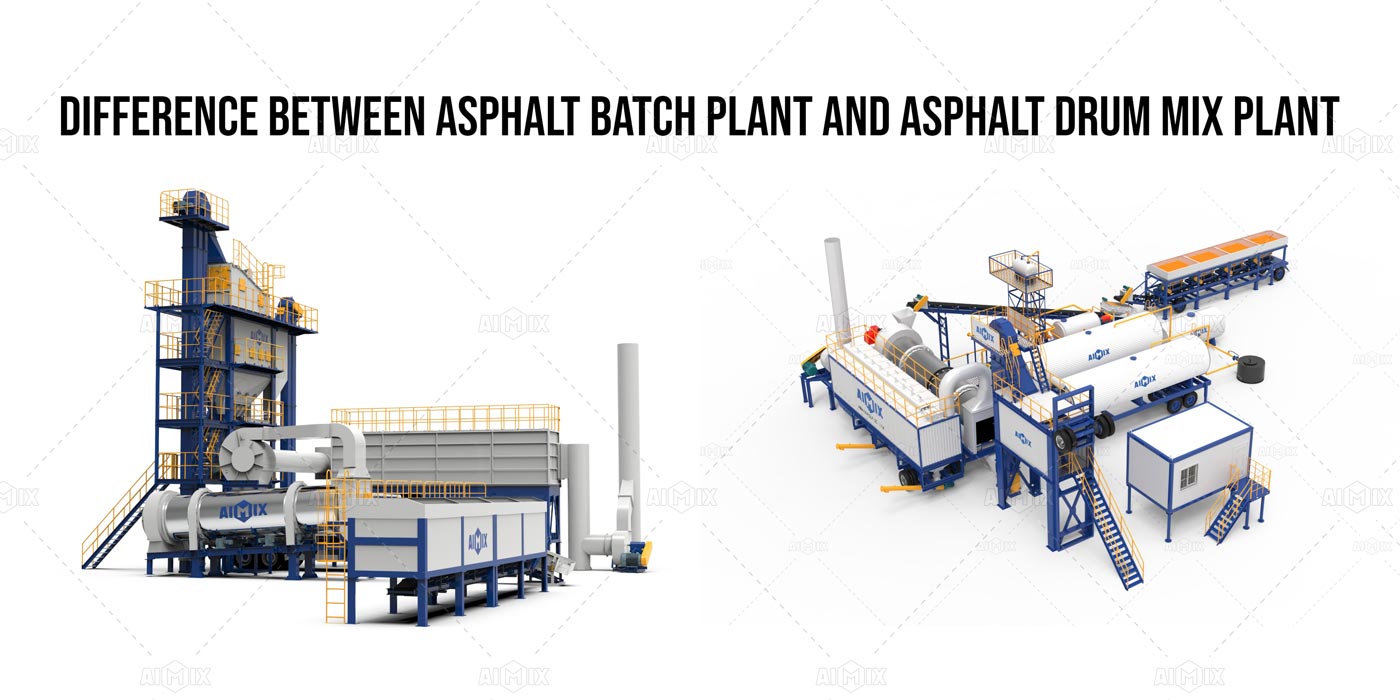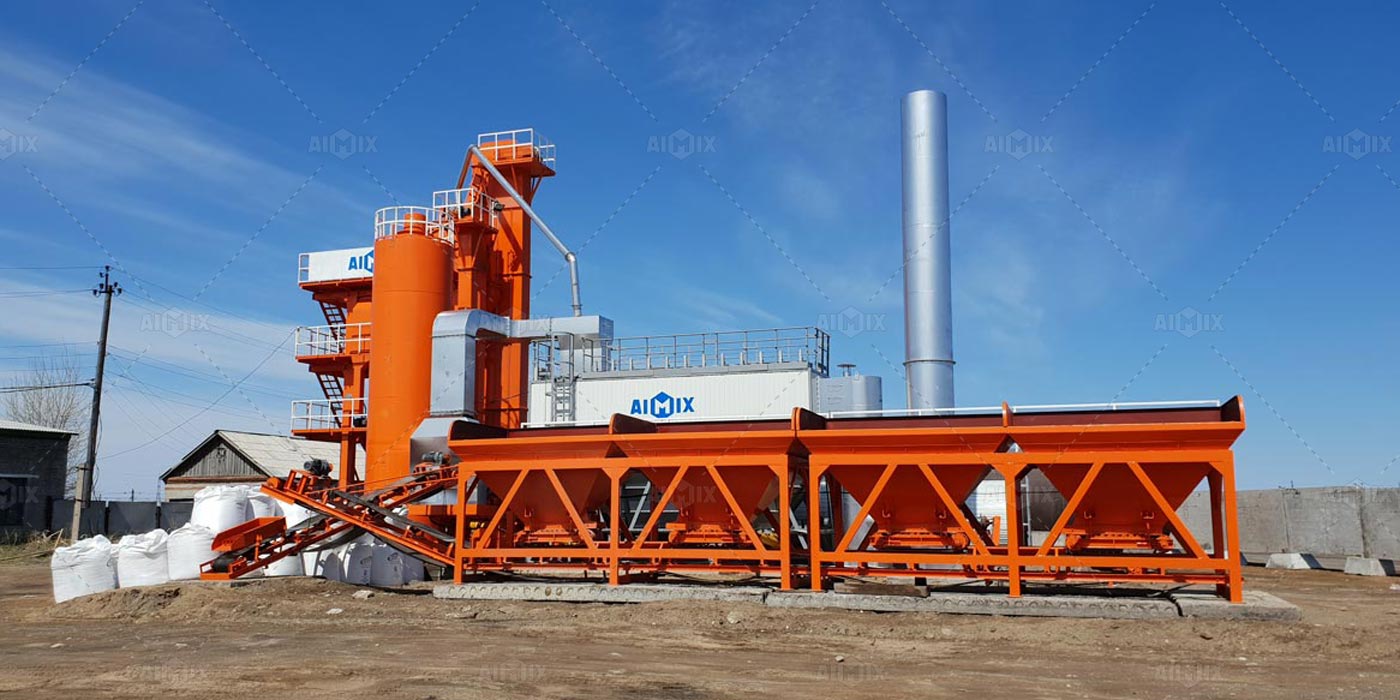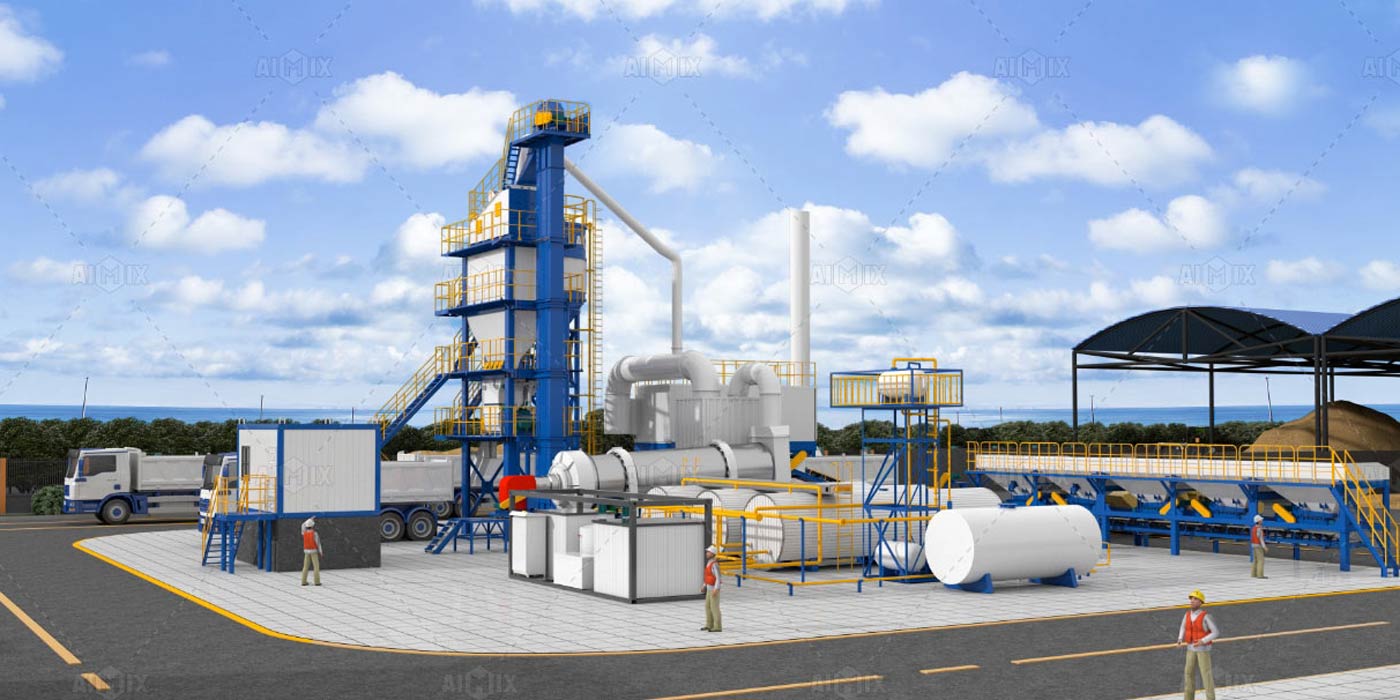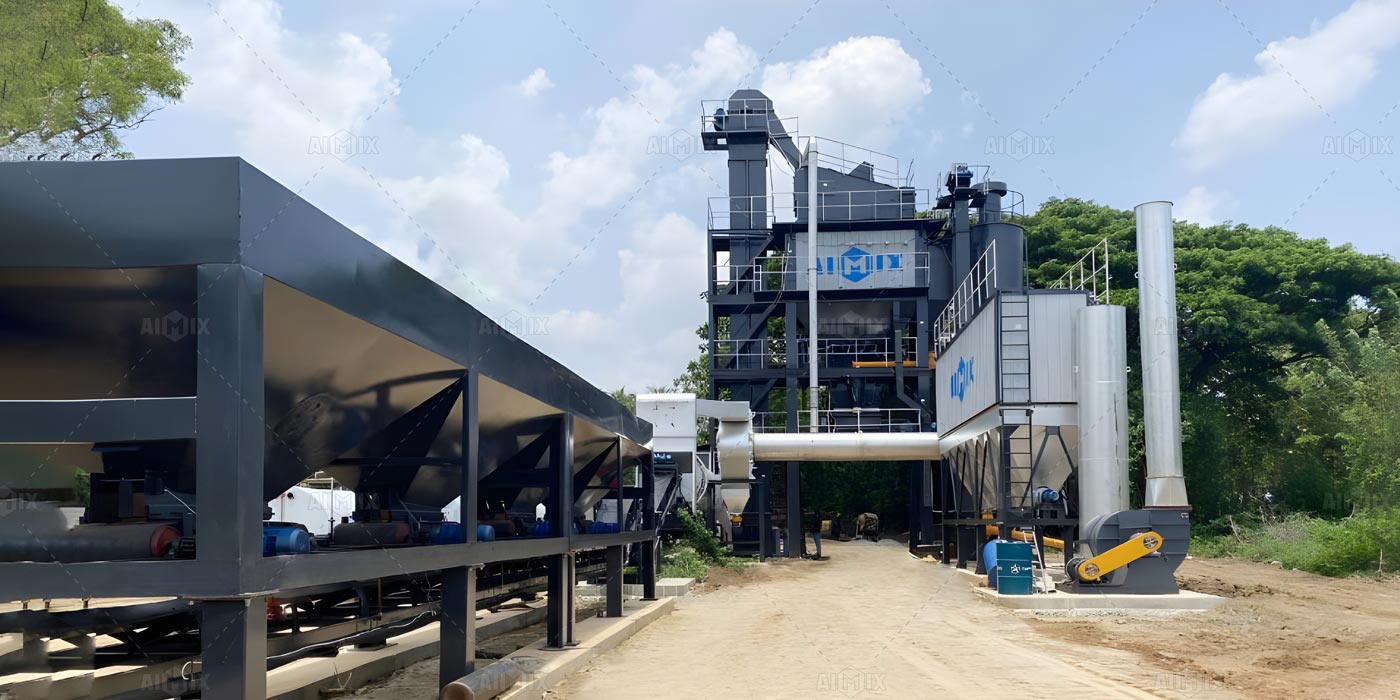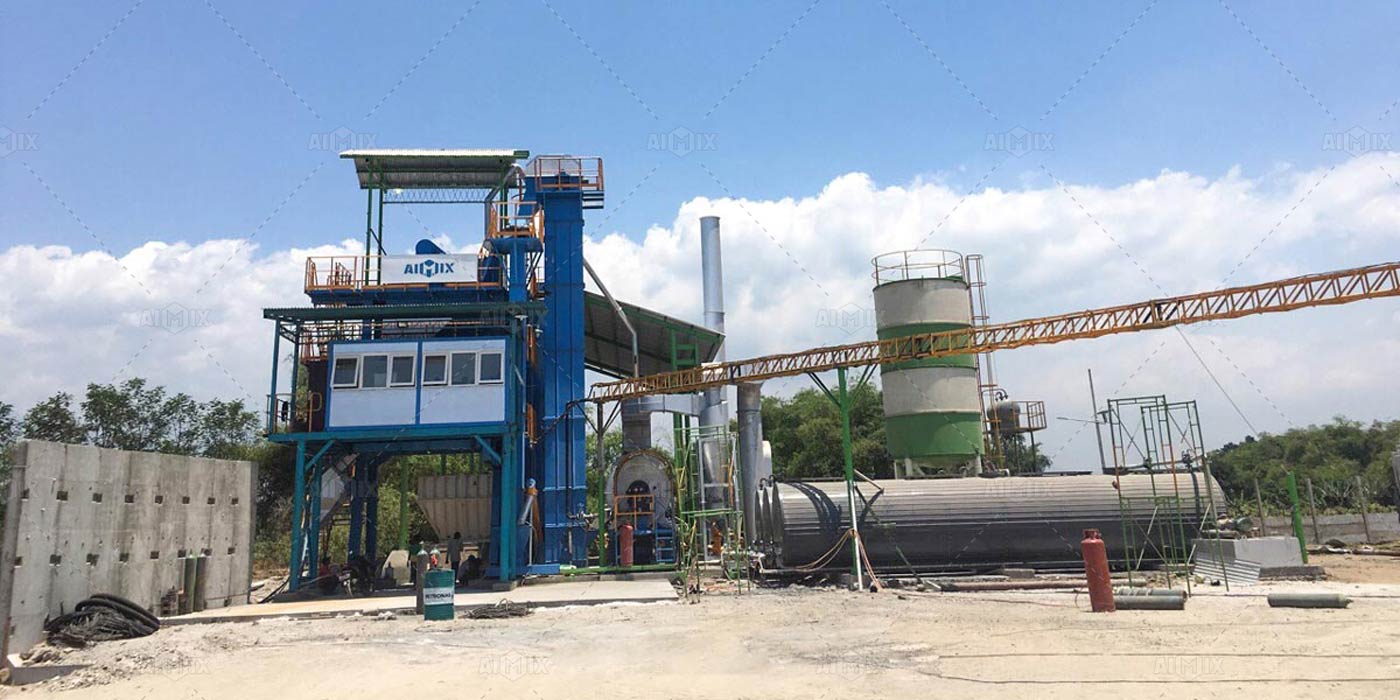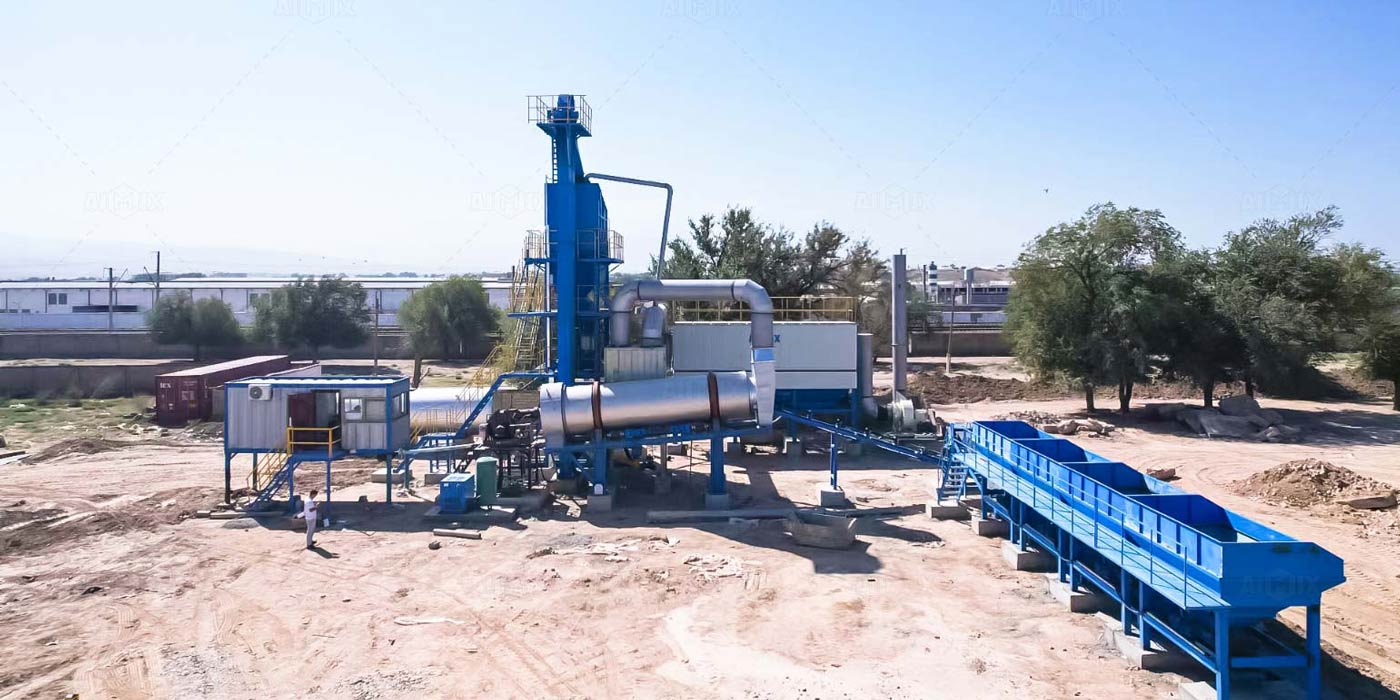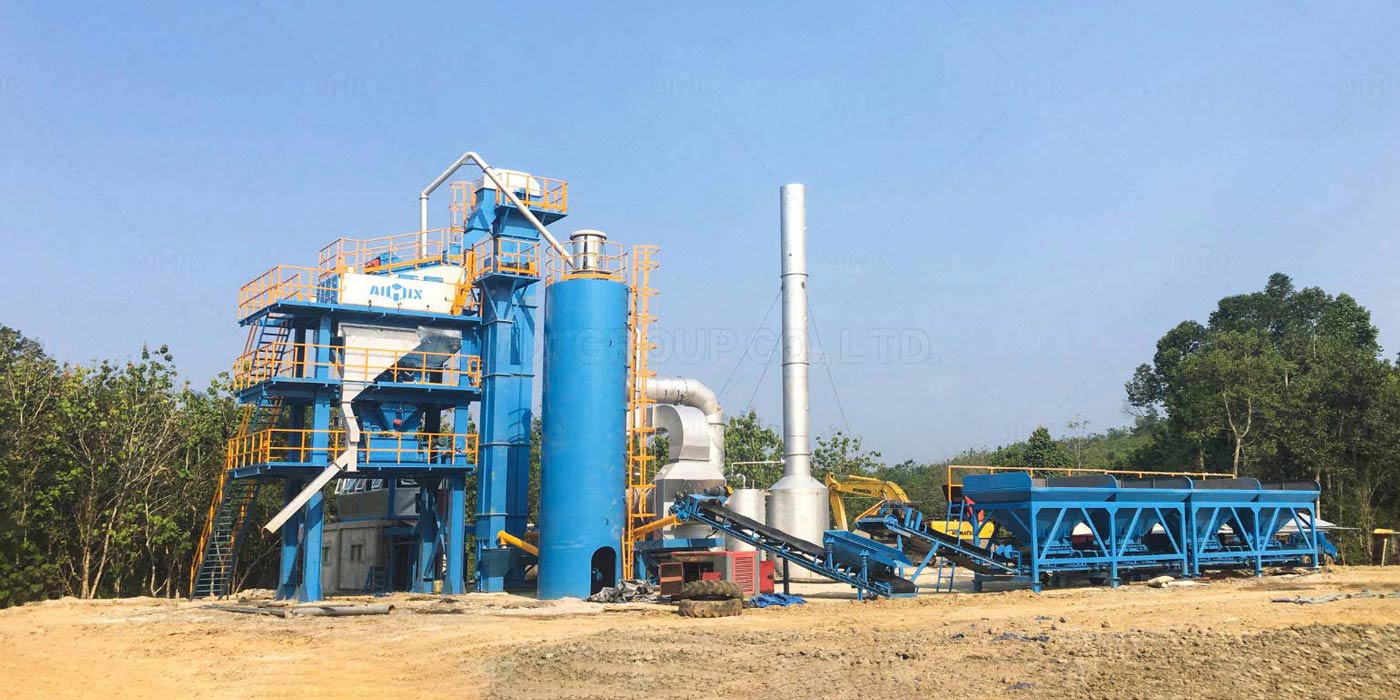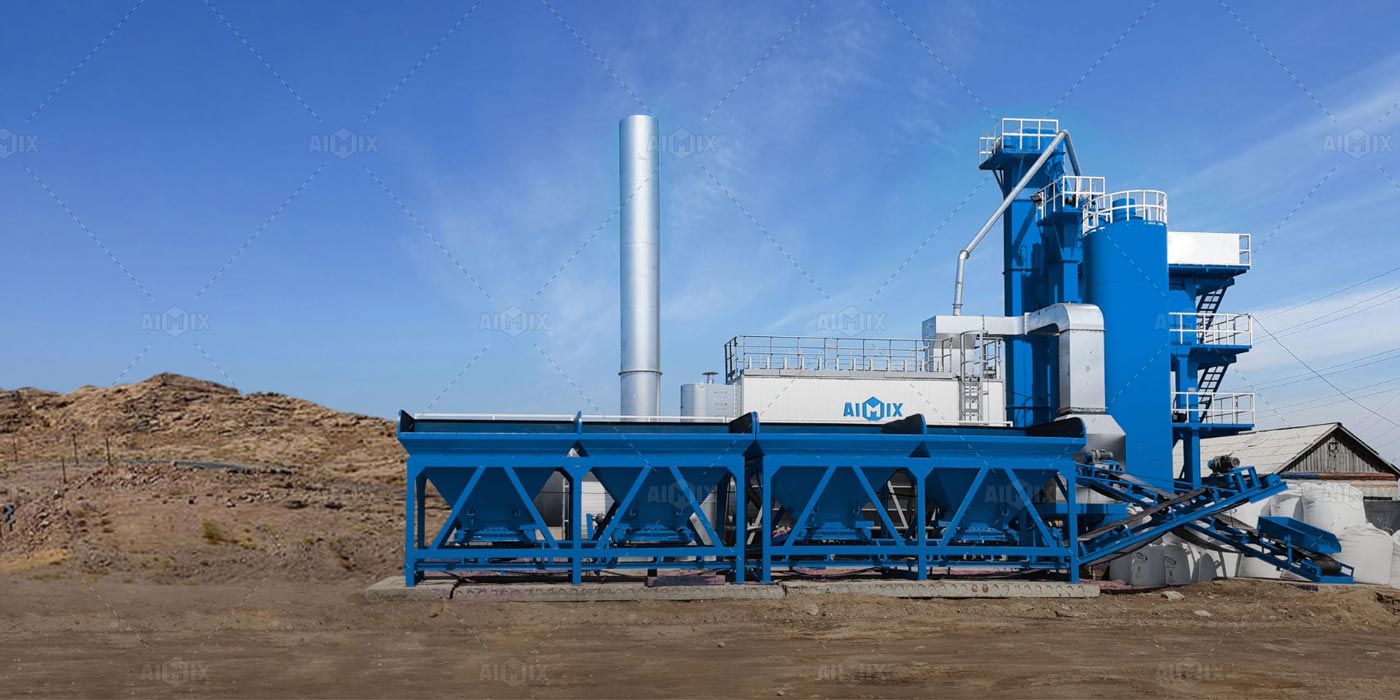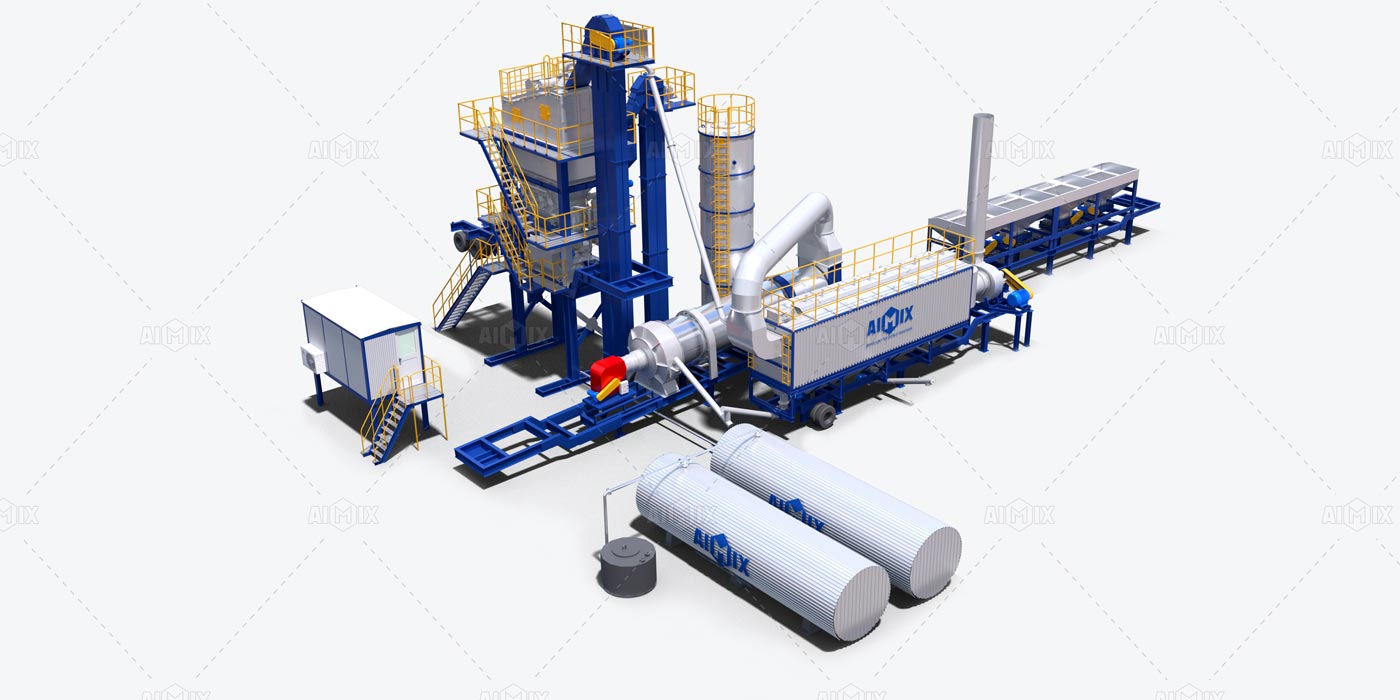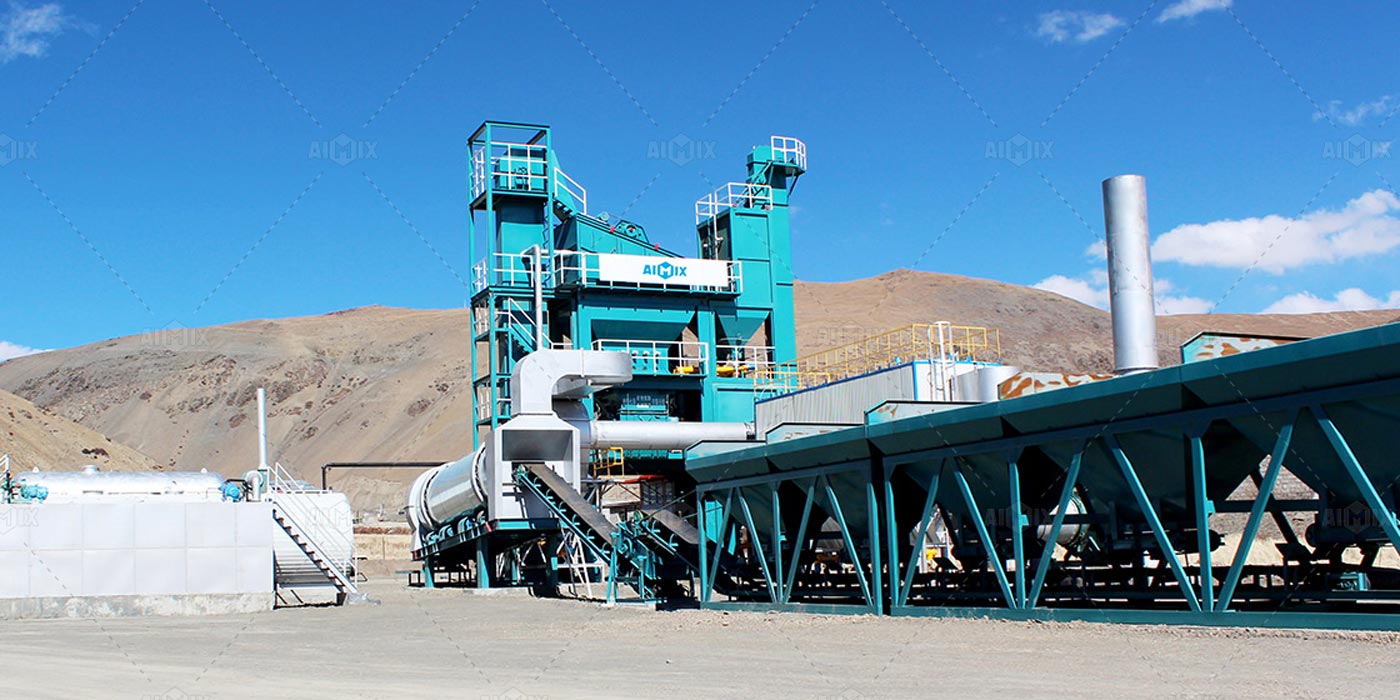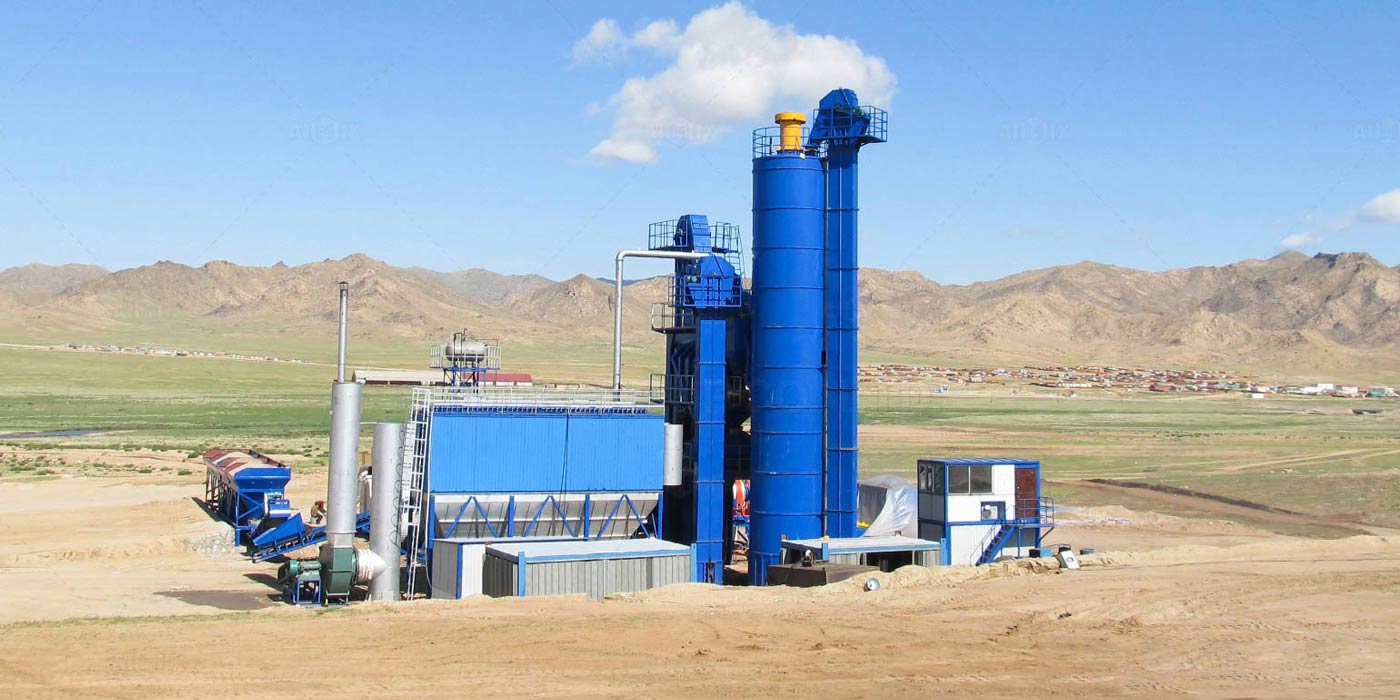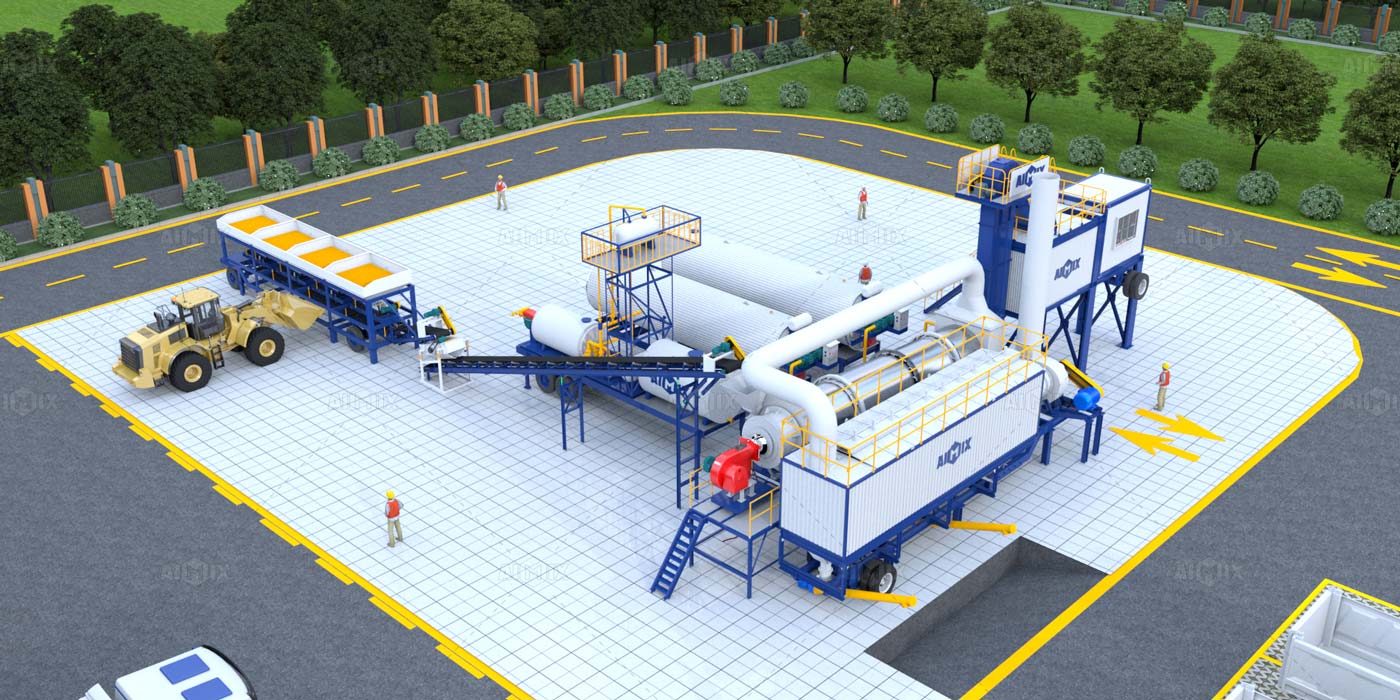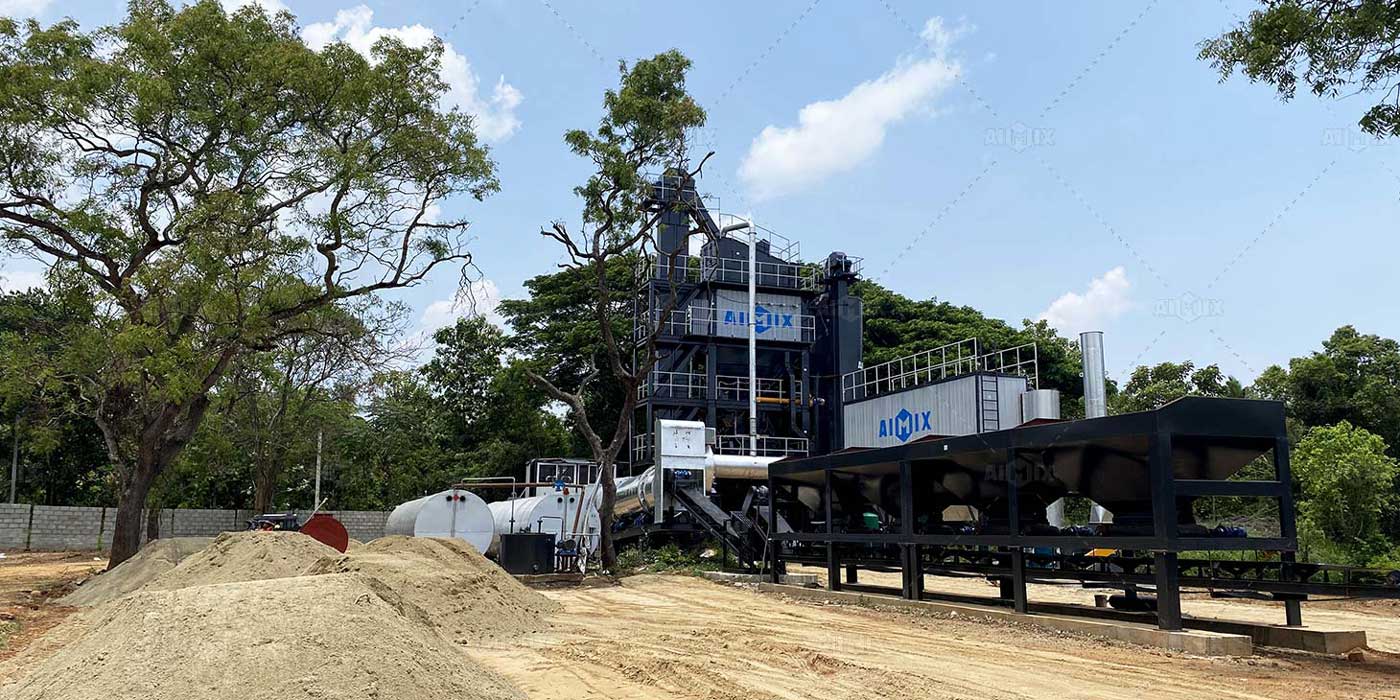In the realm of road construction, industrial roads demand durable and high-performance asphalt mixes. These roads experience heavy traffic and harsh conditions. Hence, using superior asphalt mixes is crucial. This article explores the capabilities of asphalt mixing plants in producing mixes suitable for industrial roads.

The Role of Asphalt Mixing Plants in Industrial Road Construction
Asphalt mixing plants are essential for creating diverse asphalt mixes. They cater to various road construction projects, including industrial roads. The asphalt batch mix plant can blend precise mixtures, ensuring the durability and longevity required for such high-stress applications.
Versatility of Asphalt Mixing Plants
An asphalt mixing plant’s versatility allows it to produce different types of asphalt, suitable for varied road types. For industrial roads, the plant can blend aggregates and binders to create mixes with enhanced resistance to deformation and wear. This adaptability is crucial for meeting the specific needs of industrial road construction.
Meeting the Demands of Heavy Traffic
Industrial roads endure heavy loads from trucks and machinery. The asphalt mix must withstand this pressure without deforming or cracking. Asphalt batch plants are designed to produce mixes that meet these stringent requirements. The precision in the mix design ensures the asphalt can handle high-stress conditions typical of industrial roads.
How Asphalt Mixing Plants Ensure Quality
Quality control is a significant aspect of asphalt manufacturing plants. They incorporate advanced technologies to maintain consistency and quality in the asphalt mix. This ensures the asphalt produced meets the necessary standards for industrial road construction.
Advanced Mixing Technologies
Modern asphalt mixer plants use advanced mixing technologies to blend materials evenly. This ensures each batch has uniform properties, which is critical for the structural integrity of industrial roads. AIMIX asphalt mix plant near me, for instance, integrate cutting-edge mixers that provide consistent and high-quality output.
Precision in Ingredients
Asphalt plants measure and combine ingredients with high precision. This accuracy ensures the final mix has the right proportions of aggregates and binder, enhancing the performance and durability of the asphalt. For industrial roads, this means a stronger and more resilient surface.
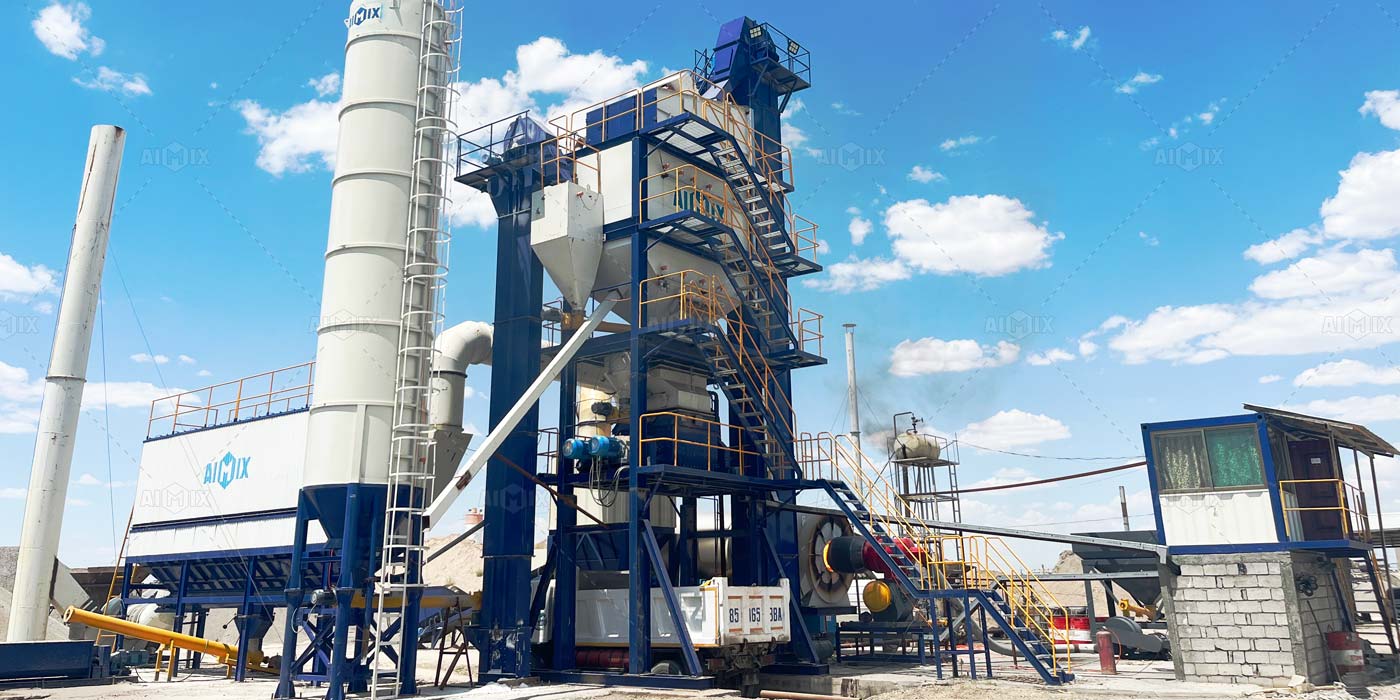
Customization for Specific Industrial Needs
Industrial roads might require specific asphalt formulations. Asphalt batch plants can customize mixes to meet these unique demands. By adjusting the mix design, plants can produce asphalt that caters to the particular needs of industrial applications, such as enhanced load-bearing capacity or improved resistance to fuel spills.
Tailoring Mixes for Industrial Applications
Customization is a key feature of modern asphalt plants. They can modify the mix design to include additives that improve the asphalt's performance under industrial conditions. This tailored approach ensures the road surface remains intact and functional, even under severe stress.
Adaptability to Different Conditions
Asphalt manufacturing plants can adjust to various environmental and traffic conditions. For industrial roads, this means producing asphalt that remains effective in extreme temperatures or under heavy loads. The adaptability of the plants ensures the asphalt mix is fit for purpose, no matter the challenges.
The AIMIX Advantage in Asphalt Mixing Plants
AIMIX is a leading manufacturer of asphalt mixing plants. Our hot selling asphalt plant is equipped with state-of-the-art technology that ensures the production of high-quality asphalt mixes suitable for industrial roads. With AIMIX, customers can expect reliable performance, customization, and superior quality.
Why Choose AIMIX?
AIMIX asphalt plants offer several advantages:
- Advanced Technology: Our plants use modern mixers and controls for precise mixing and quality output.
- Customization: We offer tailored solutions for specific road construction needs, including industrial roads.
- Reliability: AIMIX plants are designed for durability and consistent performance, ensuring reliable operation over time.
Customer Testimonials
Customers who use AIMIX asphalt plants for industrial road construction have reported high satisfaction. They appreciate the plants' ability to produce durable and high-quality asphalt mixes that meet the rigorous demands of industrial roads.
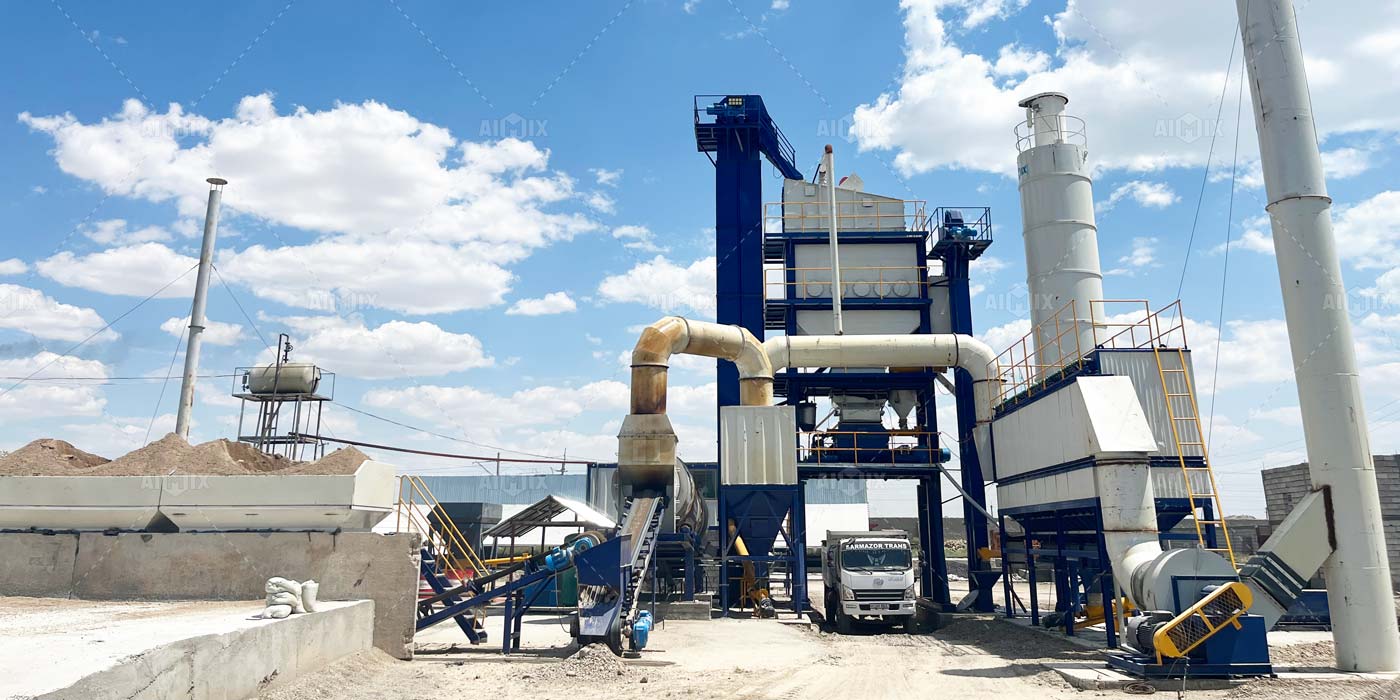
Conclusion
In conclusion, asphalt mixing plants are capable of producing mixes that meet the stringent requirements of industrial roads. Their versatility, precision, and customization capabilities make them ideal for creating durable asphalt surfaces. AIMIX asphalt plants stand out by offering advanced technology, tailored solutions, and reliable performance, making them a top choice for industrial road construction. For more information on AIMIX asphalt mixing plants, visit AIMIX.
